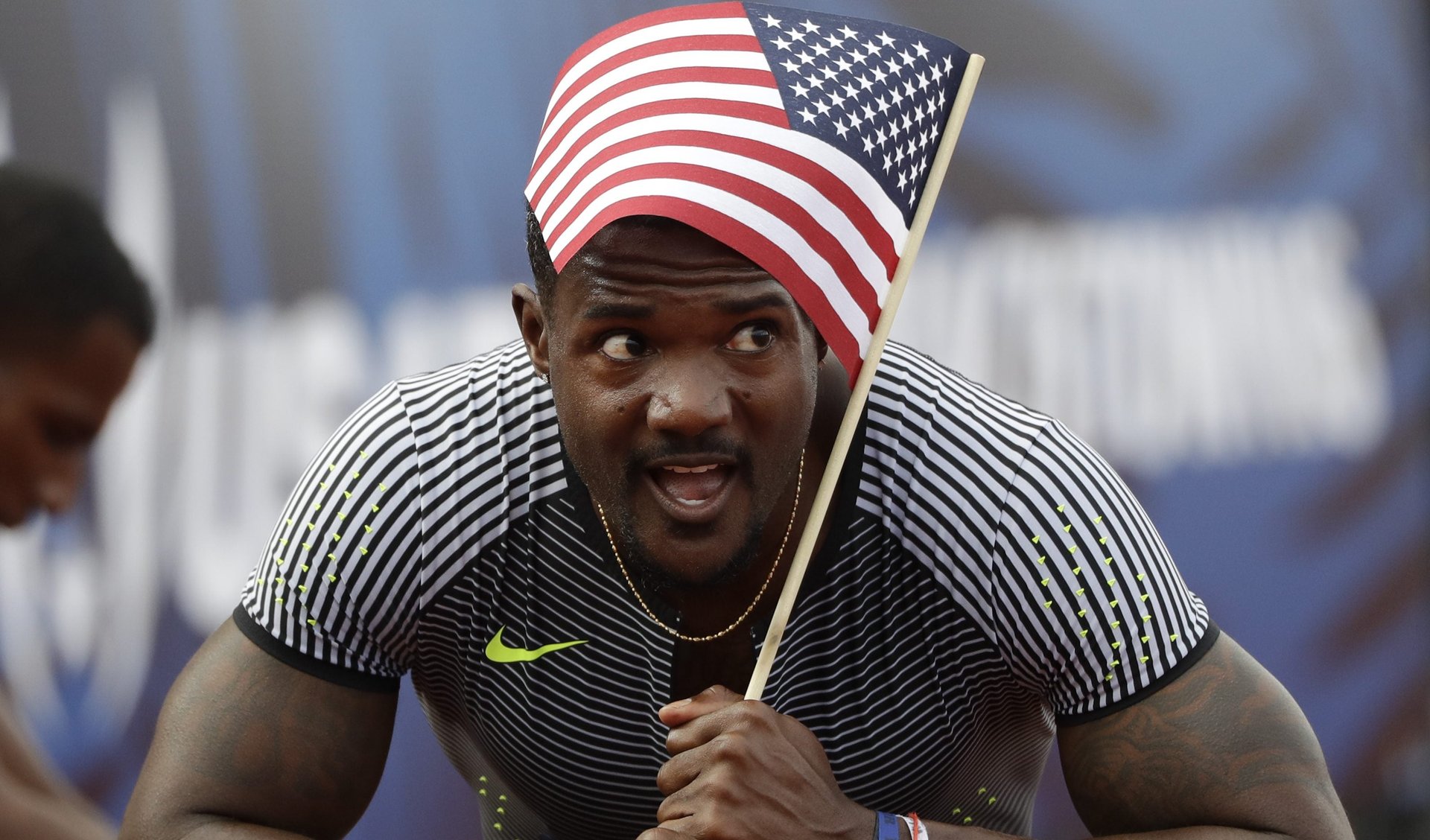US fans are proudly booing drug cheats in Rio. So what will they do when Justin Gatlin runs?
Great stories need great villains, and the first week of the Rio Olympics has supplied us with some terrific bad guys—namely, a group of Russian and Chinese swimmers with a history of using performance enhancing drugs.


Great stories need great villains, and the first week of the Rio Olympics has supplied us with some terrific bad guys—namely, a group of Russian and Chinese swimmers with a history of using performance enhancing drugs.
The jeering at the pool—and online— has been notable, particularly for Russia’s Yulia Efimova, a breaststroker who served a doping suspension in 2014, and was taken down by the exultant American Lilly King, who made clear her disgust for drug cheats.
China’s Sun Yang, who also served a suspension, has been similarly reviled.
But Russia and China aren’t the only teams fielding athletes with checkered pasts, and the US may soon discover what it feels like to have one of its own on the receiving end of the crowd’s derision.
Justin Gatlin, America’s best hope for a medal in the men’s 100-meter dash in track, served a four-year suspension for doping between 2006 and 2010. He also served a one-year suspension in 2001 for having traces of amphetamines in his system from a prescription drug.
Gatlin, who won the 2004 Olympic gold as a 22-year-old in Athens, running 9.85 seconds, is now running faster as a 34-year old, long past the age most sprinters slow down or retire. He hasn’t failed a test recently, but if we learned anything from Lance Armstrong, who famously never failed a test, skepticism is appropriate.
Gatlin, who has said he found religion since his ban and has embraced the role of the sport’s elder statesman, said he never deliberately took performance enhancing drugs. But he was coached by Trevor Graham, a notorious figure who has been permanently banned from training sites by the US Olympic Committee. Graham’s athletes, who also included Marion Jones and Tim Montgomery, won medals and failed drug tests.
In the wake of revelations of massive, systematic doping by Russia, the entire Russian track and field team was banned from the Rio games. In addition, the International Olympic Committee ruled that Russians in other sports who had served a drug-use suspension couldn’t compete. If those standards applied to Americans, Gatlin wouldn’t be in Rio.
The case against Efimova is far less concrete that the one against Gatlin. Various panels found that she was unaware she was taking illegal substances, and swimming’s international body chose not to enforce the IOC’s ban against her after it was overturned on appeal.
We don’t know how track fans in Rio will react to Gatlin, who won a bronze medal in London in 2012 and is scheduled to compete in the 100 meters on Aug. 13. They may be more resigned to cheating in their sport, and give him a pass. Or they may boo him mightily.
Fans watching on TV, and commenting online, will have similar choices. Part of the fun of the Olympics is cheering for the good guys and rooting against the villains. When those roles conform to Cold War stereotypes about sinister Russians, it’s easy for Americans pick sides. It is going to be a lot more complicated when the bad guys are competing for the US.